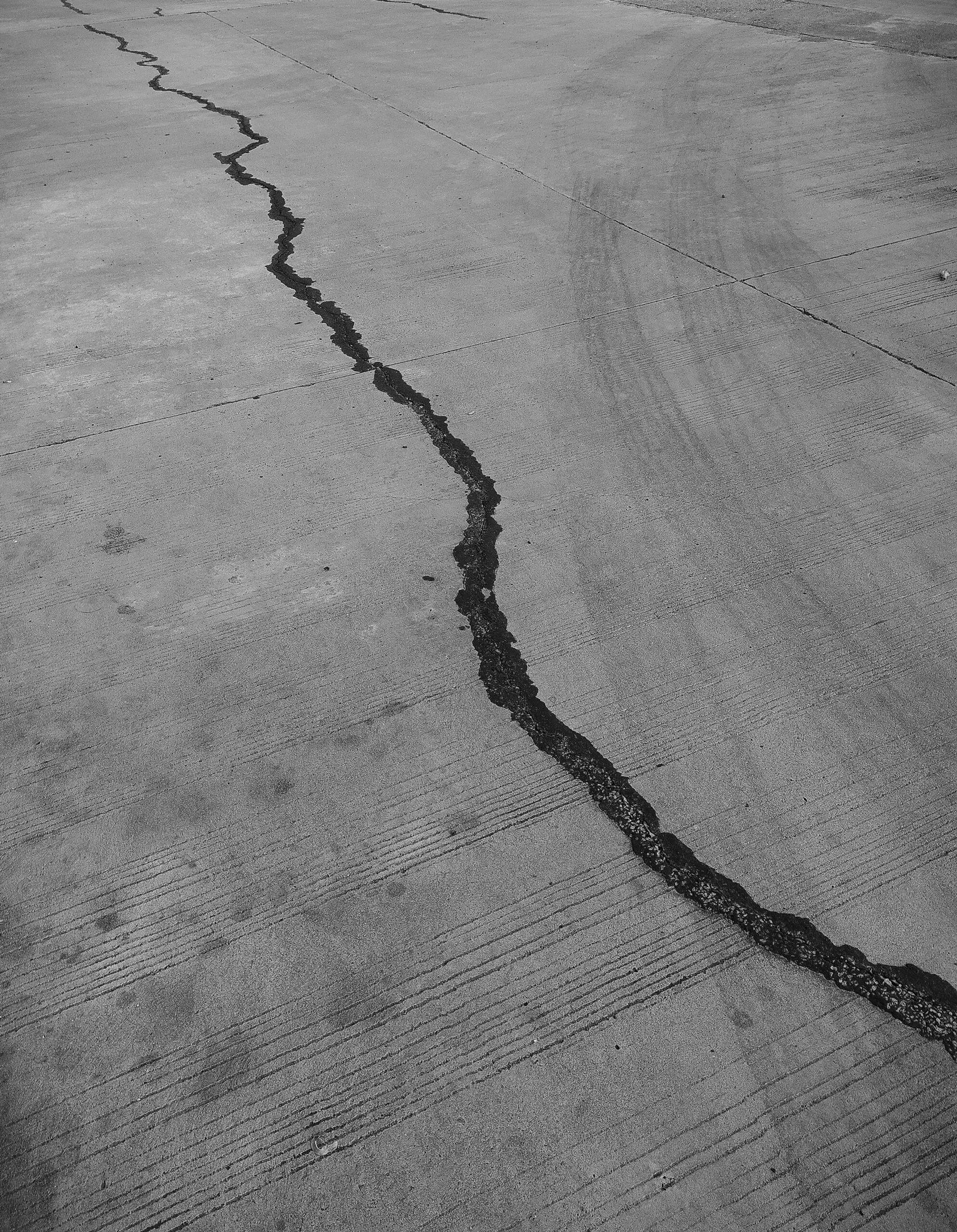The conflict between Israel and Palestine is a complex and deeply rooted issue that has spanned decades. To truly understand its origins, we must delve into the historical context surrounding the establishment of the State of Israel and the displacement of the Palestinian people.
The conflict can be traced back to the early 20th century when the Zionist movement, a Jewish nationalist movement, sought to establish a homeland for Jews in Palestine. This led to increased Jewish immigration to the region, which in turn caused tensions with the Arab population.
In 1947, the United Nations proposed a partition plan that would divide Palestine into separate Jewish and Arab states. While the Jewish community accepted the plan, the Arab states rejected it, arguing that it was unjust and violated the rights of the Palestinian people.
In 1948, the State of Israel was officially established, leading to a war between Israel and its Arab neighbors. This war, known as the Arab-Israeli War or the War of Independence, resulted in the displacement of hundreds of thousands of Palestinians.
Since then, the conflict has continued with sporadic outbreaks of violence and numerous attempts at peace negotiations. The issues at the heart of the conflict include the status of Jerusalem, the borders of Israel and Palestine, the rights of Palestinian refugees, and the establishment of a Palestinian state.
Understanding the origins of the Israel-Palestine conflict is crucial for any meaningful discussion or attempt at resolving the issue. It is a deeply complex and emotional topic that requires empathy, historical knowledge, and a commitment to finding a just and lasting solution for both Israelis and Palestinians.



